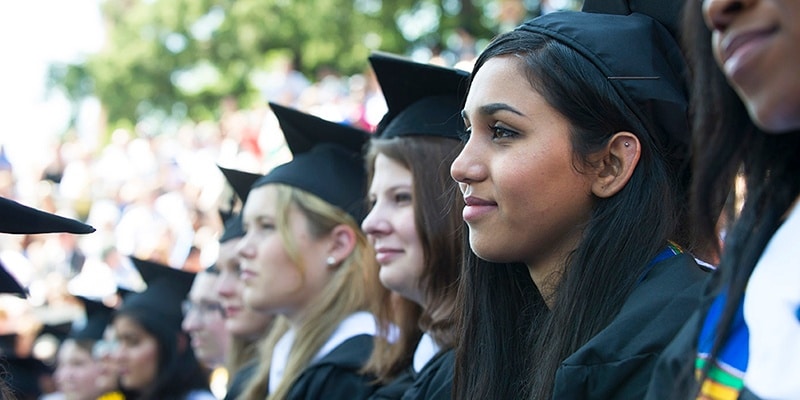
“When I’m in the U.S., I’m American, but when I’m in China, I’m Chinese,” Eileen Gu says. The American-born skier and Olympic champion has become a controversial athlete following her decision to represent the Chinese team at the recent Winter Olympics in Beijing. The world-wide attention she has received is not only because of her outstanding athletic abilities but also due to her background.
Born and raised in Los Angeles, Gu decided to represent her mother’s country, China. This was a huge surprise to many Americans, especially during a time when the relationship between the two countries has become increasingly tense. The 18-year-old girl was labeled a“traitor”.
But what would have happened if she instead decided to remain in the U.S.? Would society have continued to be proud of her and treat her like any other native athlete?
Chloe Kim, a Korean American Olympic halfpipe gold medalist, has received hundreds of attacks and hateful messages on her social media pages. “I feel really helpless and afraid at times. I’m really struggling,” she said in an interview with ESPN. Despite representing the U.S., she found that some Americans still depreciated her achievements due to her Asian ethnicity.
In a study published in 2020 by Alisia Tran, a professor of psychology at Arizona State University, Asian American athletes had a higher risk of depression and suicide. She explained that Asian minorities are always depicted as industrious, cold and, even, quiet nerds. Similar perceptions are attributed to Asian athletes.
“The violence driven by anti-Asian xenophobia is an American tradition, especially in times of crisis,” according to UC Berkeley Asian American studies professor Lok Siu. Siu cited the increasing anti-Asian social atmosphere that appeared during the pandemic as an example. “The continual and persistent reinvocation of the deeply ingrained notion that Asian Americans are ‘outsiders’ and therefore (don’t belong) in the U.S., fuels anti-Asian sentiments and attacks during moments of social crisis or disruption,” she said.
Violence against Asian Americans has existed since the late 19th century. From the 1870s to the 1880s, hundreds of anti-Chinese riots broke out across the country. Chinese people were murdered or expelled from cities, and angry mobs burned down Chinatowns while accusing the Chinese of taking their jobs and spreading diseases.
More recently, on March 16, 2021, a 21-year-old man, Robert Long, broke into three spas of Atlanta and shot eight people. Six of the victims were Asian American women. The police said it was not yet certain whether the case was a “hate crime,” indicating the suspect’s long-term “sex addiction”. The excuse, seemingly implying sympathy for the suspect, aroused outrage among Asian Americans across the United States and sparked protests. Asian American blogger Jenn Fang wrote that there was a debate among many Americans about whether the attack was misogyny against women or racial discrimination against Asians. But what if it was both? In fact, of the total hate crime reports received by Stop AAPI Hate, more than two-thirds were directed against Asian women.
According to statistics from “Stop AAPI Hate”, a total of 10,379 hate incidents against Asian Americans were reported through September last year. Among the incidents, more than 90% of the victims believed that race was the main reason for the attacks. According to the predictions by the Pew Research Center, Asian Americans will outnumber Hispanics and encompass 38 percent of the U.S. population by 2055. As the fastest-growing group in the United States, Asian-Americans are also facing increasing discrimination.
Asian females, standing in the gap between gender and race, are marginalized on both sides at the same time. As Sung Yeon Choimorrow, the executive director of the National Asian Pacific American Women’s Forum, recently said: “I’m really wrestling with this idea that we’re all ‘American’ only when it comes to us being excellent and winning medals for the country.”
About the Author: Dorothy Du is a journalism student at Boston University.




